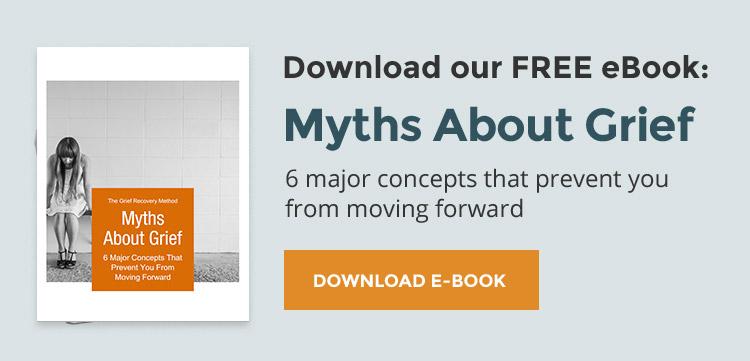In the past, you would expect that after a death, you would attend a funeral or memorial service, which would be a safe place to feel.
Lately, more and more people are celebrating life parties instead. It makes sense to want to celebrate the lives of friends and family members who have died, but does it make sense for the emotional health of those still alive?
The phrase “Celebration of Life” gives the idea that you must be joyful about the death of someone you care about. There is nothing wrong with celebrating the life of someone who died, as long as you’re not avoiding your normal and natural feelings of grief.
Is anyone really celebrating the life of someone they are devastated over losing? Probably not. Even worse, it might make them think they should pretend to be okay; therefore, they bury their emotional pain, which stays inside and unhealed.
The purpose of a conclusion ritual is to say goodbye to people’s unique relationships with the deceased. For the celebration of life parties to have therapeutic value, they must create an accurate memory picture of the person who died. A celebration of life is usually only half the story.
We recommend having a funeral or memorial service where natural pain and sadness can be expressed openly. Then, if you haven’t already, do your grief recovery work to complete your relationship with the person who died. If you still want to do a celebration of life party after that, you can do so as someone who is emotionally complete with the person who died.
Want to know more? Here’s a great blog to learn about planning funerals, memorials, and other conclusionary rituals: https://www.

